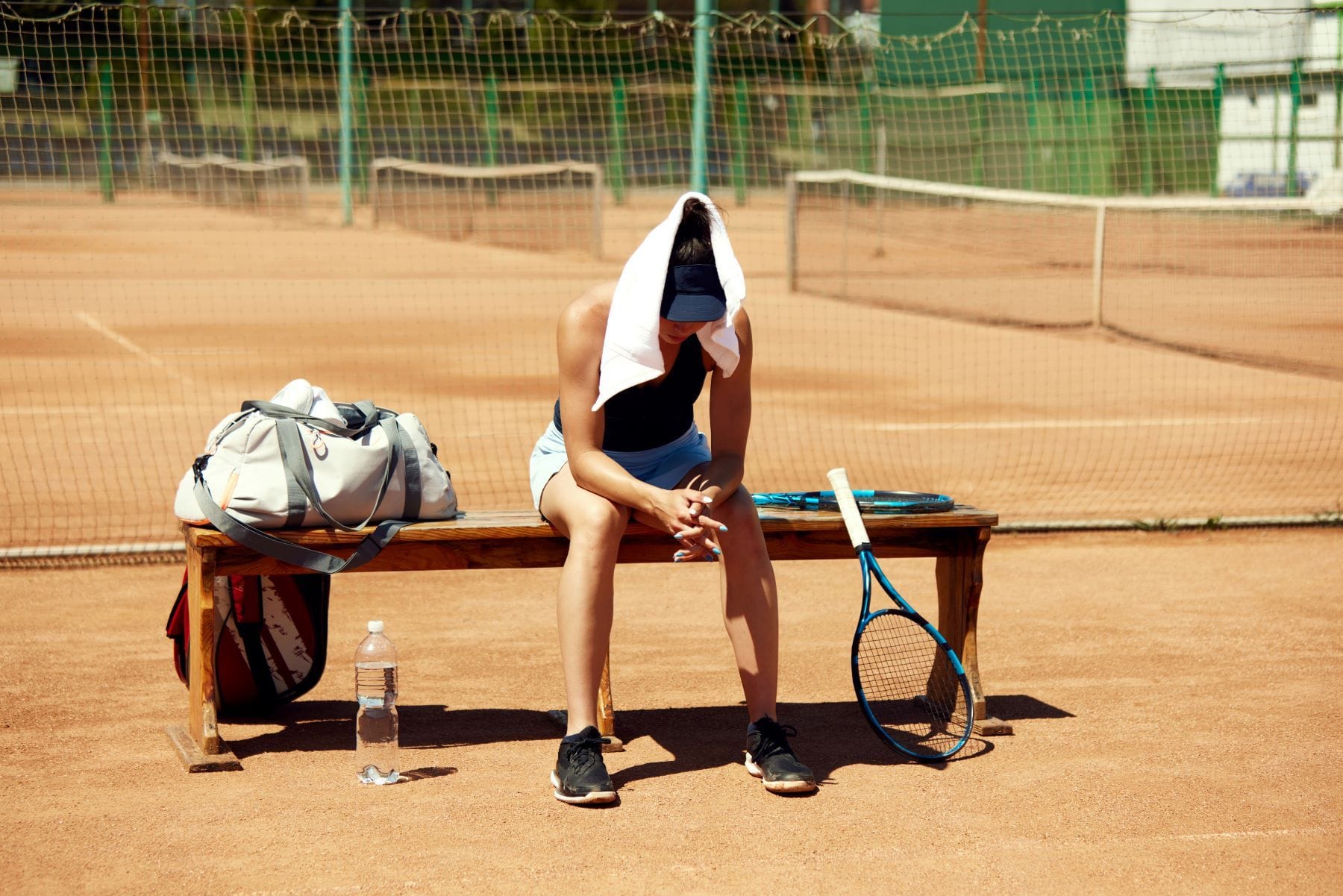USTA Ordered To Pay $9M in Sexual Abuse Negligence Case
The United States Tennis Association (USTA) owes tennis pro Kylie McKenzie $9 million in damages after a jury found the USTA failed to protect McKenzie from sexual abuse at a Florida training center.
Updated on
The Facts of the Case
Between ages 12 and 19, Kylie McKenzie spent most of her time training at USTA facilities away from home. When McKenzie was 19, she alleged that her coach, Anibal Aranda, began making unwanted sexual advances toward her.
According to McKenzie, Aranda’s inappropriate behavior included comments on McKenzie’s appearance, questions about her personal life, and attempts to instigate inappropriate physical contact. About a month after these advances began, Aranda allegedly touched McKenzie’s genitals through her clothing.
McKenzie immediately reported the incident both to friends and to USTA leadership. The USTA filed a report with the US Center for SafeSport. SafeSport’s investigation concluded that Aranda “engaged in an escalation of inappropriate conduct” toward McKenzie, according to court documents.
Aranda was eventually barred from the USTA. However, McKenzie argued in court that the USTA knew about past sexual assault accusations against him, yet it failed to provide proper oversight, resulting in the assault McKenzie experienced.
A USTA spokesperson noted that the prior accusations came from one of Aranda’s USTA co-workers, not an employee. The organization claimed it had no notice of these accusations until after hearing about what happened to McKenzie. The USTA is currently reviewing its safeguarding policies and procedures with assistance from outside counsel, according to its spokesperson.
The Jury’s Verdict
In February 2024, U.S. District Judge Paul G. Byron ruled that the USTA had a duty to protect young players from sexual assault by adults who were ostensibly responsible for those players, such as their coaches. Byron’s ruling was based on the fact that the USTA is the sport’s governing body and actively oversees the development of young players. The question of liability and damages was left to the jury.
At trial, the jury heard evidence that the USTA not only has a responsibility to protect players but also that the organization has taken steps in the past to do so. These steps included having policies in place that required supervision during practices and training sessions - supervision the USTA failed to provide when McKenzie worked with her coach.
The jury also heard testimony from Pam Shriver, a doubles tennis champion who described her own abuse at the hands of a tennis coach. In her deposition, Shriver said that when she spoke up, a USTA attorney told her to “be careful” making public statements about sexual abuse incidents in professional tennis.
After a weeklong trial in a Florida federal court, the jury found that USTA was liable for $3 million in compensatory damages and $6 million in punitive damages.
“I hope I can be an example for other girls to speak out even when it’s difficult,” McKenzie said in a post-trial statement.
Takeaways for Attorneys
Although the elements of negligence remain similar from case to case, the emphasis on elements within a case and the matters under dispute can change significantly.
Here, USTA did not attempt to deny that the sexual assault allegations never occurred. Rather, the organization pushed back against the argument that it had a duty to protect McKenzie from her coach’s inappropriate behavior. When that question was settled by Judge Byron, the USTA focused on the standard for determining whether that duty was breached. The organization has also focused on its own safeguards and standards, both during and after this case.
McKenzie’s attorneys, Amy L. Judkins, Robert Allard, and Mark J. Boskovich, have noted that the case is not merely about what happened to McKenzie, who was responsible, or what damages were owed. Rather, this case raises larger questions about the safety of young athletes within USTA and other professional sports. Focusing on the larger picture can help contextualize questions of duty, breach, causation, and damages for a jury.


